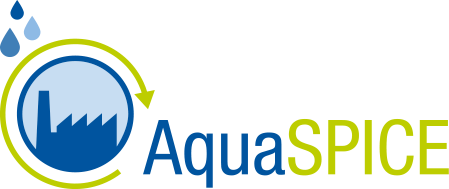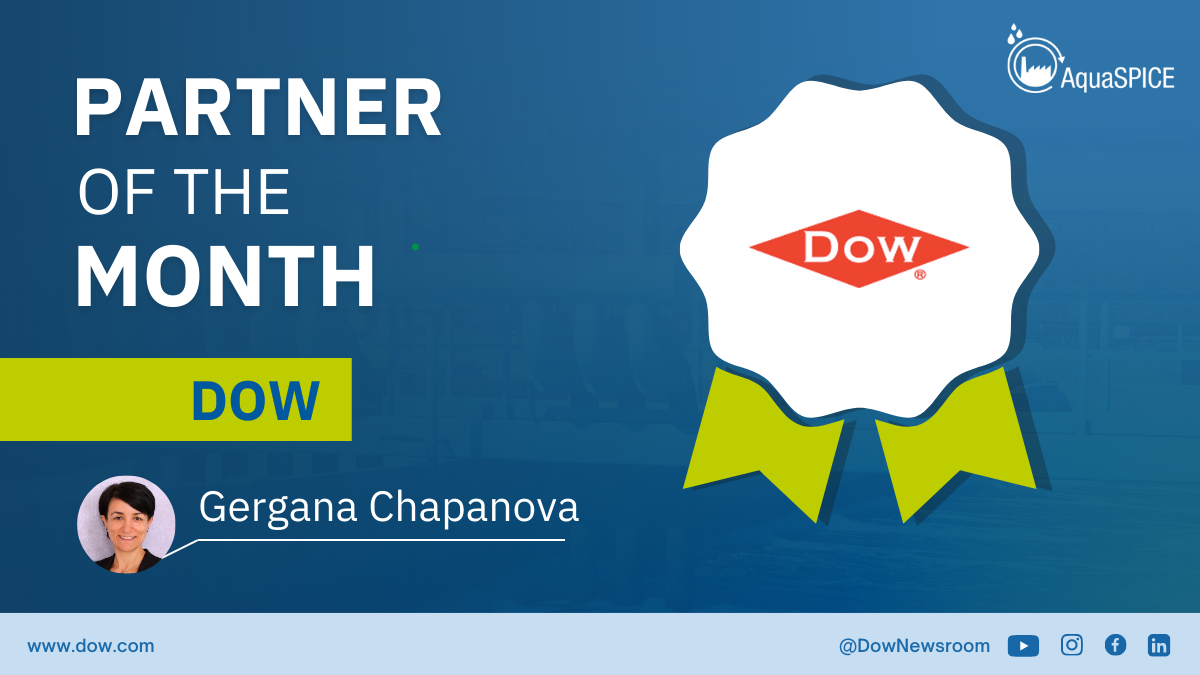- Can you tell us about your role in the AquaSPICE project?
I am leading the AquaSPICE Case Study for our Dow site in Böhlen, Germany. We are very proud to be able to realize AquaSPICE our company.
My role requires me to keep track of the various activities of the project team on-site. Right now, the planning of the pilot tests conducted at the Böhlen site needs the most attention. No important aspect should be overlooked so that we can get the most of the AquaSPICE project. We are also thinking beyond the scope of the project: How can we use the preliminary results and findings from our trials within AquaSPICE to set the course for future system design and water treatment plant construction at our locations?
- What do you consider as important water management challenges in the industrial sector?
For Dow Böhlen, the goal is not just to function well short-term, but also to consider long-term developments (e.g. climate change and resource depletion). Not just the chemical industry, but other industrial sectors must proactively take steps towards a more sustainable use of natural resources. In this sense, water must be at the top of the priority list, especially for our water-intensive productions.
The chemical industry in our region competes with other important sectors such as agriculture and tourism in terms of water demand. For this reason, we have to increase our efforts in water reuse (e.g. rain water, waste water and cooling tower blow down) and appropriate use of water (e.g. equipment cleaning with raw water and not with treated or potable water).
- What do you think are the main benefits the project brings forward and in which areas are you expecting AquaSPICE to have an impact?
We see the AquaSPICE project as the practical foundation for creating the future vision of the entire water management at the Böhlen site. On the one hand, we have the opportunity to test several technologies on a semi-technical scale and to draw conclusions as to which technology combination would be most feasible. On the other hand, we keep working on the digitalization of our water network, specifically the development of the WaterCPS (Cyber Physical System) and its integration in the existing process control system. All of this is rounded off with an LCA (Life Cycle Analysis) to show the ecological footprint of the entire water system in the current state and after the implementation of the AquaSPICE vision.
Thus, the expectation for the AquaSPICE case study at Dow Böhlen is to develop the best and most effective technology for industrial water management for the coming 20 years. Besides, Dow Böhlen helps to develop a real-time smart water management system providing evidence of a decreased ecological footprint.

